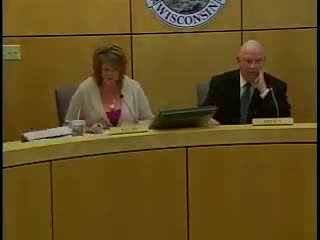Article not found
This article is no longer available. But don't worry—we've gathered other articles that discuss the same topic.
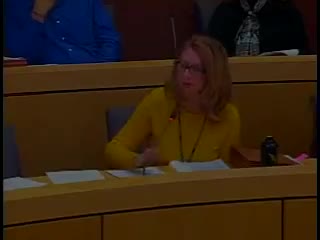
Council rejects reinstalling stop signs at North 12th and Clough after split vote
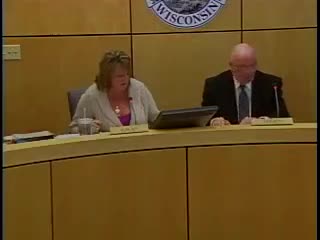
Council refers request for nonunion fire wage adjustment after budget concerns
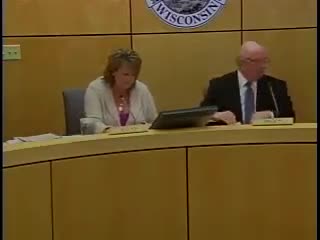
Council increases ERU and consolidates stormwater fees into single $5.90 monthly charge
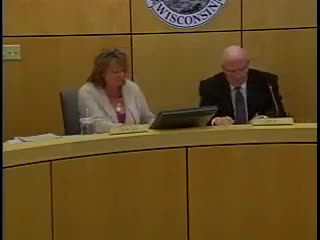
Council OKs nearly 20% sewer-rate increase; debate centers on capital needs and fixed fees
